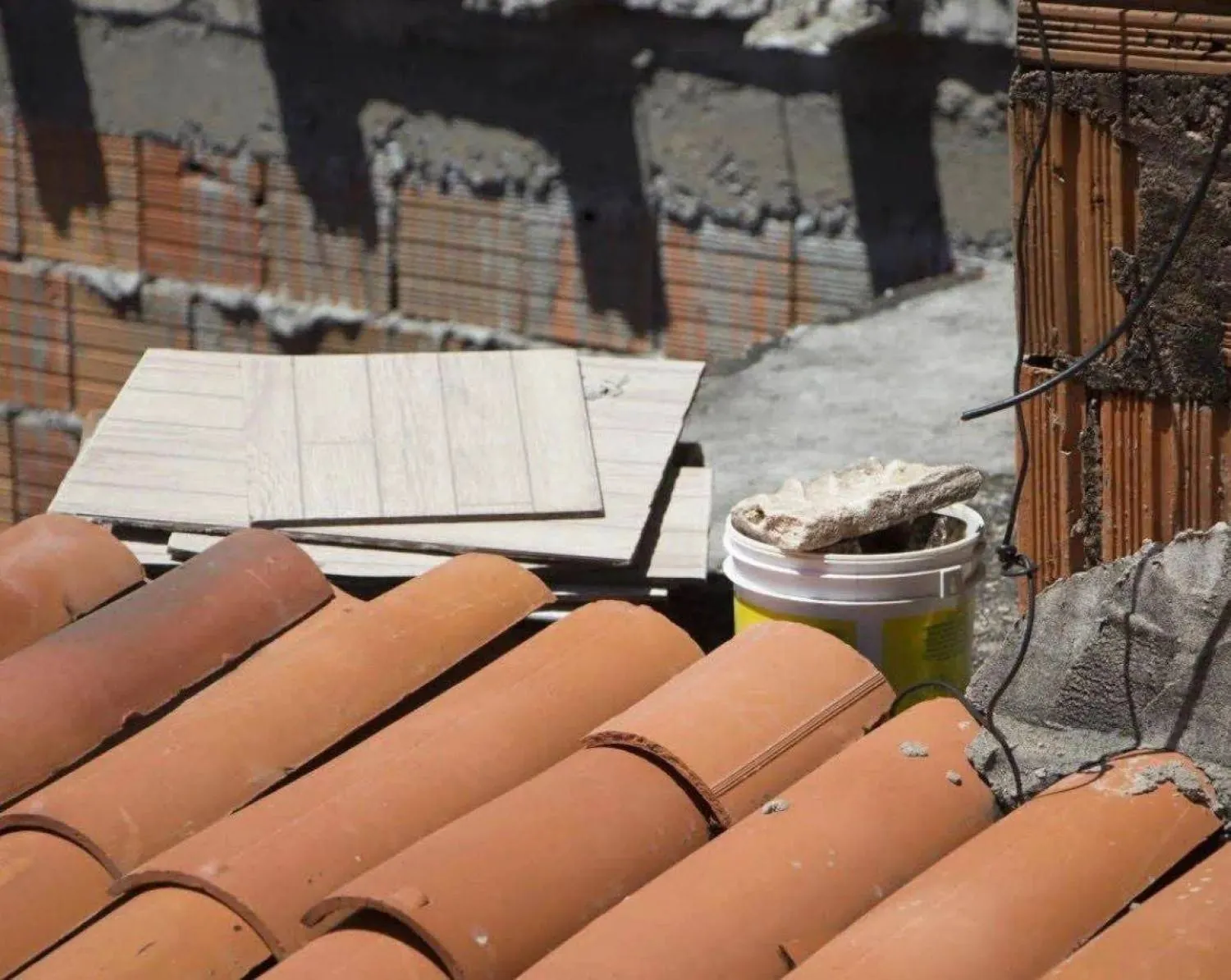Saudi Arabia and China are seeking to form a joint working group on cooperation in the field of housing, within the mechanism of the Trade and Investment Subcommittee, to enhance exchanges at the governmental level, and coordinate policies and planning.
Areas of cooperation include the exchange of development plans, policies, measures, administrative expertise and successful practices in the field of urban development and housing construction, in addition to the implementation of specific housing projects in China or the Kingdom, or jointly in a third country.
Other fields of cooperation will cover design, construction, site management, health, safety and environment, in addition to building materials and energy-saving constructions.
The two sides are seeking to exchange expertise in modern construction technologies, green buildings, information and data technologies in the construction sector and smart cities, as well as the training of engineers and technicians in housing, building and construction research.
Riyadh and Beijing also intend to increase cooperation in the exploration and mining for gold and copper.
In this context, Saudi Minister of Industry and Mineral Resources Bandar Al-Khorayef pointed to the growing strategic partnership between the two countries in the fields of industry and mining.
The minister revealed plans to strengthen relations in industry and mining, within the framework of the Kingdom’s Vision 2030, which he said converged, in many of its objectives, with the Chinese Belt and Road Initiative.
He noted that China enjoyed huge reserves of mineral resources, and occupied an advanced position in the production of phosphates, rare earth elements, quartz, and copper. It is also one of the diamond-producing countries and had a prominent ranking in metal industries, Al-Khorayef underlined.
He added that minerals and petrochemicals topped the list of Saudi exports to China, while Chinese exports to the Kingdom included heavy machinery, electronics, vehicles and spare parts.
The Saudi Industrial Fund contributes to the financing of 6 joint projects, Al-Khorayef said, adding that the two countries concluded several agreements during the visit of Crown Prince Mohammed bin Salman to China in February 2019 in a number of sectors, including manufacturing industries.
He also explained that the Saudi Authority for Industrial Cities and Technology Zones hosted seven Chinese factories, working in various fields, including; plastics, metals, ceramics, concrete, food industries, in addition to about 10 other factories which are in the various stages of planning, construction and implementation.
For his part, Mohammad Al-Ajlan, head of the Saudi-Chinese Business Council, told Asharq Al-Awsat that Beijing was seeking to launch a regional center for Chinese industries in the Kingdom.
He also stressed that cooperation in mining, especially copper and gold, would be an important catalyst for Saudi-Chinese cooperation.
Al-Ajlan continued that the Saudi mining strategy attracted Chinese investments and was based on targeting opportunities that are aligned with the Kingdom’s Vision 2030.
He noted that the strategy consisted of three axes, including exploration of minerals, advanced metallurgical industries, and mining support services, which include laboratories and drilling operations.
Saudi Maaden is one of the 10 largest companies in the Kingdom, and among the fastest growing mining companies in the world, with revenues amounting to $26.7 billion in 2021.
The company looks forward to establishing long-term partnerships in the mining sector, in addition to supporting the local economy by giving the industrial sector an opportunity to grow and expand through the mining industry.
Maaden seeks to develop mineral resources and an advanced local mining system by investing in modern technologies and sustainable mining methods. The company operates 17 mines and sites, and exports its products to more than 30 countries around the world.









